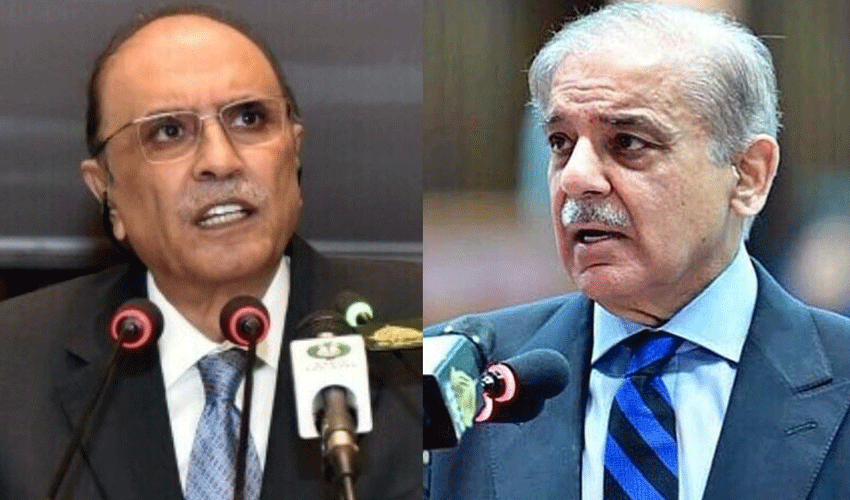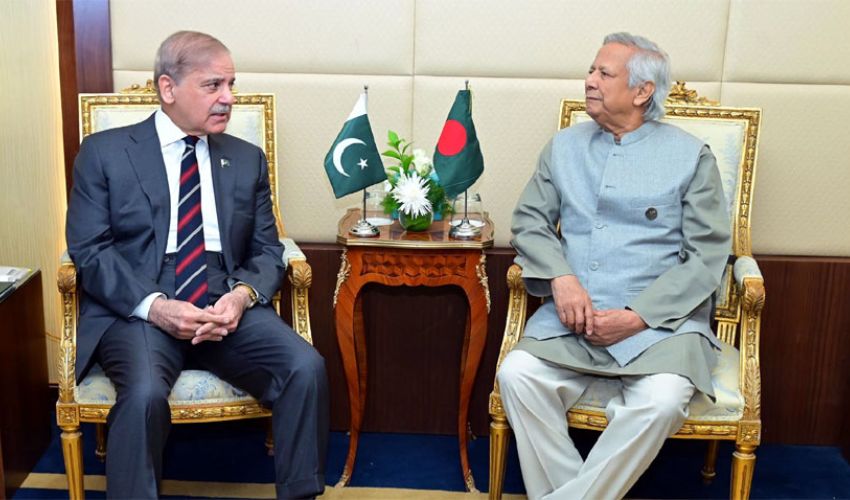In a move that could potentially impact the financial landscape of Pakistan, the World Bank has recommended the imposition of taxes on individuals earning Rs 50,000 or less per month.
The proposals, if approved by the cabinet, are set to reshape the country's tax policies.
Expanding tax base:
The World Bank's suggestions were outlined in the Pakistan Development Outlook report, aiming to enhance Islamabad's fiscal sustainability.
One of the key recommendations is the expansion of the tax base to encompass previously untaxed sectors.
Progressive taxation system
Among the suggested measures is a progressive tax rate system, where individuals with a monthly income of five lakh rupees would be subjected to a 35% tax rate.
This proposal is expected to generate additional revenue for the government.
Calls to cut federal spending
Furthermore, the World Bank has urged the federal government to curtail spending in areas that fall within the purview of the provinces.
This move aims to improve financial discipline and accountability in service delivery.
The report also highlights the need for a comprehensive review of the Seventh National Finance Commission and emphasizes the importance of collaboration between federal and provincial levels in crafting financing plans.
Broadening tax net
To further widen the tax net, the World Bank has suggested bringing vendors into the tax system and reducing the threshold for tax-free income.
The goal is to increase revenue collection and ensure that a broader segment of the population contributes to the country's financial stability.
Simplifying tax structures
Another notable recommendation from the World Bank is the simplification of the personal income tax structure and the introduction of taxes on owners of agricultural land exceeding 12.5 acres.
These measures are intended to make the tax system more equitable and effective.
Concerns from experts
However, experts have raised concerns about the potential impact of these proposed reforms on the salaried class, which already bears a significant tax burden on its gross earnings.
Critics argue that such changes may further strain the financial resources of this group.
Poverty levels on rise
In contrast to the World Bank's suggestions, Pakistan has been grappling with rising poverty levels in fiscal year 2023.
Sluggish economic growth and soaring inflation have led to an increase in the poverty headcount, with nearly 40% of the population now falling below the Lower-Middle Income Country poverty threshold.
This divergence between recommended reforms and on-the-ground realities highlights the challenges facing the country's economic policymakers.



























